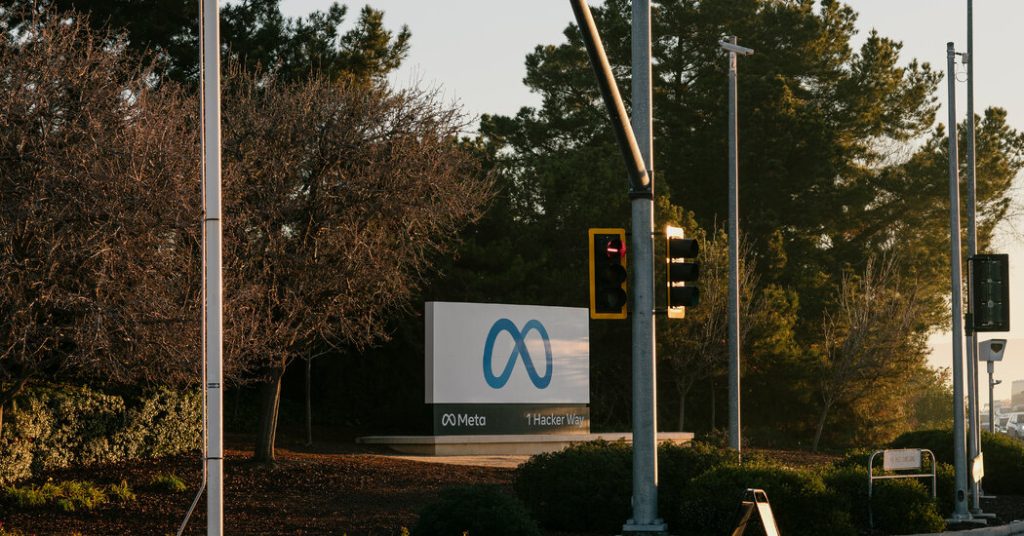Meta reported robust revenue and profit for the first quarter of the year, with revenue reaching $36.5 billion, up 27 percent from the previous year, and profit more than doubling to $12.4 billion. However, the company projected lower revenue for the current quarter than what analysts had expected. Meta also announced plans to increase spending on artificial intelligence efforts to $35 billion to $40 billion for the year, up from a previous estimate of $30 billion to $37 billion, driven by investments in A.I. infrastructure.
Investors reacted negatively to Meta’s projections, sending its shares down more than 16 percent on Wednesday afternoon. Analysts highlighted the importance of revenue expectations for the future, with investors showing mistrust towards the tech giant’s near-term outlook. Meta has been focusing on A.I. investments in recent years and has positioned itself to capitalize on advancements in generative A.I. technology. CEO Mark Zuckerberg has been driving A.I. advancements to enhance the company’s advertising systems and revenue.
Meta’s focus on A.I. has led it to make heavy investments in graphics processing units (GPUs) and A.I. infrastructure. The company continues to heavily invest in its hardware division, Reality Labs, in pursuit of Mr. Zuckerberg’s vision for the metaverse. Despite incurring losses in the first quarter, Meta’s hardware division is working on developing virtual and augmented reality goggles and software, alongside the Horizon operating system for V.R. headsets. The company recently updated its Ray-Ban smart glasses with A.I. software for enhanced functionality.
Meta has faced challenges and transitions in recent years, including a decline in the digital advertising market in 2022. However, the company rebounded with revenue surging due to a recovery in the ad market and increased user activity. Over 3.24 billion people use Meta’s apps every day, with WhatsApp being highlighted as a popular messaging service. Mr. Zuckerberg assured shareholders that volatility in the stock price was typical during the company’s product playbook phase. He emphasized the importance of building new products with a wide user base before focusing on monetization, stating that profitability would eventually follow.
Despite the immediate negative investor reaction to Meta’s projections, Mr. Zuckerberg expressed confidence in the long-term success of the company’s new products, such as Reels and Stories. These features may not be immediately profitable but have the potential to become significant revenue streams in the future. The CEO encouraged shareholders to have faith in Meta’s ability to scale these products into large businesses, highlighting the importance of patience and long-term strategic vision for the company’s growth and success in the A.I.-powered digital landscape.













